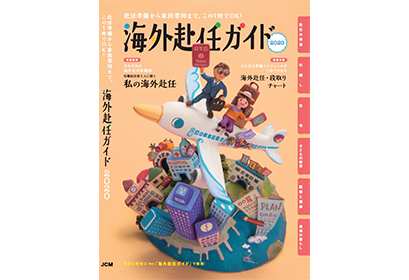現在、日本の政府が「テストの点数=学力」だけではなくて、生きる力、コミュニケーション力、協同研究をする力、社会に貢献する力などを総合的に伸ばしていく教育方針に着目し始めています。その一つの例が、2018年を目途に大学入試のためのセンター試験が撤廃されることです。その代りに高校時代に何度でも受験ができる「達成度テスト」を導入します。
大学入学では達成度テストのうちの「発展テスト」の点数に加えて、課外活動実績や奉仕活動、論文や面接をして総合的に判断。大学側が欲しいと思う人材を入学させるシステムに変わります。大学側としては入学考査に手間暇をかけることになるのですが、アメリカでは従来から大学入試に行われている方法です。既に一部の日本の大学でもAO入試の願書を見ると、志望理由にはこれまでの自分の学びと大学入学後の学びがどうつながるか聞くものもあります。学校で取った賞歴や、ボランティア活動を明記し、書類選考や面接で考査を実施しています。
皆さんならば、どんなことを「自分履歴」としてアピールできるでしょうか?
7月に公立小学校のサマースクールに英語を教えるボランティア活動を高校生と一緒に行ってまいりました。その2か月前から教材作りやレッスンプランを準備してきた生徒。本番は小学生を目の当たりにして自分たちが「子ども」ではなく「大人」として見られていることに気が付きました。大学の志望理由書に書くことだけでなく、それ以上の何かを得ることができるのがボランティア活動だと実感しています。
その生徒のうちの2人は、その後英語を子供たちに教えるアルバイトを始めることができました^^
Right now, in order to measure one’s academic aptitude, the Japanese government is starting to focus its attention on an educational policy that aims to comprehensively cultivate physical and intellectual ability, communication ability, cooperative research ability or ability to contribute to the society rather than just looking at test scores. For instance, it plans to abolish the National Center Test for University Admissions by 2018 and integrate an “achievement test” instead available to take any number of times during high school.
College admission decision would be based on the score of the “progression test” (part of the “achievement test”) but also on extracurricular activity accomplishments, voluntary activities, dissertations and interviews on a comprehensive way. It will be a system allowing universities to recruit the students they are looking for. Universities will have to devote a great deal of time and care to reviews the students for admissions, but this system has been in place in the United States for some time now. Even now in a few Japanese universities, candidates are sometimes asked about their motivation for applying in the application form for the admission based on recommendation: universities want to know what they've studied on their own until college and how it will be linked to what they would study if admitted. They review students based on the rewards received in school, voluntary activity, documentary screening and interview.
What would you write about your own history to feel appealing if you were applying?
In July I went to an English class voluntary activity part of the Summer Camp of an elementary school with my high school students. They prepared the lesson plans and materials for two months. During the voluntary activity, they noticed that everyone perceived them as “adults” and not “children”. My feeling is that this experience gave them more than contents to write in the “motivation” part of the application form: they received more than that.
Two of the students who attended the English voluntary class have recently started to teach English to kids as a part-time job^^
 インターのFBで学校とコーチの日常をチェック
インターのFBで学校とコーチの日常をチェック
 インター発!バレエ生の活躍や動画をUP中
インター発!バレエ生の活躍や動画をUP中















